TPW Magazine: Wind and Wildlife
Tuesday, February 19th, 2019This is Passport to Texas
Texas is the number-one wind energy state; but what’s the effect of wind farms on bats and birds? Writer Russel Roe addresses this matter in an article for the March issue of Texas Parks and Wildlife magazine.
The stakes are high when it comes to wind and wildlife, especially as you consider that Texas has the largest population of bats in the world and the nation’s highest diversity of bird species.
Although clean, renewable wind energy offers benefits to the environment, you’ll learn in Roe’s article that it does so at the cost to wildlife. Hundreds of thousands of birds and bats die annually, their fates sealed when they fly into the turning blades of gargantuan turbines.
Bats are hardest hit—no pun intended. With more than twice the number of fatalities than birds.
Roe writes that wind companies and conservation groups agree that responsible siting of wind turbines away from areas with high wildlife activity is a key first step to reducing the problem. TPWD is working on its own set of wind energy guidelines and hopes to release them sometime in 2019.
Meanwhile, read Russel Roe’s article about Wind and Wildlife in the March issue of Texas parks and Wildlife Magazine. You’ll also learn about research on ultrasonic acoustic deterrents that reduced bat fatalities by 46 percent.
For Texas Parks and Wildlife, I’m Cecilia Nasti.
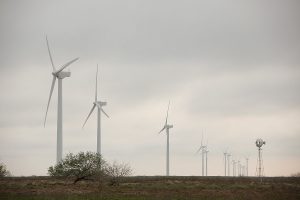

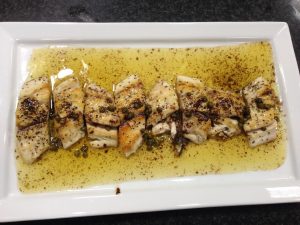
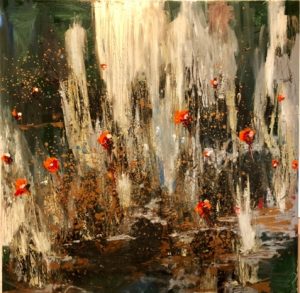
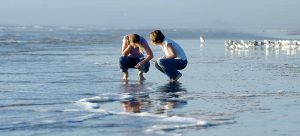
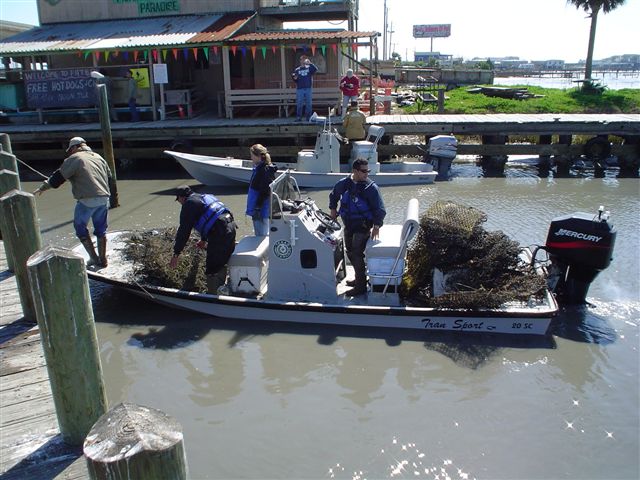

 Passport to Texas is a
Passport to Texas is a  Passport to Texas is made available by:
Passport to Texas is made available by: